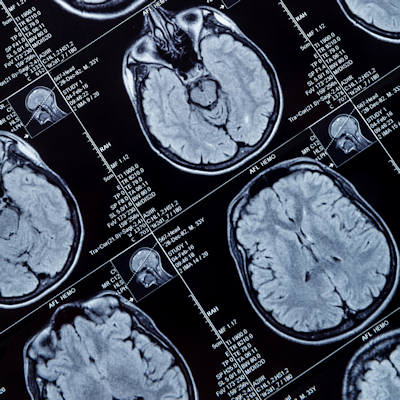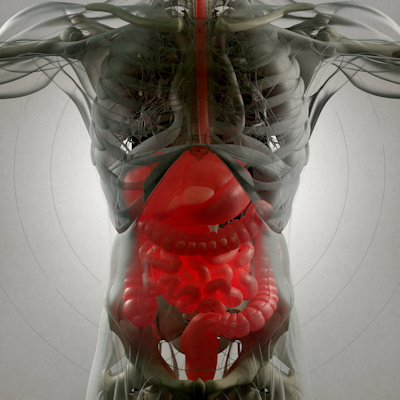November 17, 2022 -- Scientists from Oxford University and the University of Birmingham contend they have made the first organoids that capture the key features of human bone marrow. The technology will allow for the screening of multiple anticancer drugs at the same time, as well as the testing of personalized treatments for individual cancer patients, according to the researchers.
In their study, published in the journal Cancer Discovery, the authors describe their new method, which resulted in an organoid that accurately models the cellular, molecular, and architectural features of myelopoietic (blood cell-producing) bone marrow.
The cell types inside the bone marrow organoids "self-organize" and arrange themselves within the organoids just like they do in human bone marrow in the body, according to the study's first author Dr. Abdullah Khan, a Sir Henry Wellcome Fellow at the University of Birmingham's Institute of Cardiovascular Sciences.
The organoids made it possible for the researchers to study cancer directly using cells from patients, rather than relying on animal models or other simpler systems that do not properly show how the cancer is developing in the bone marrow in actual patients, senior author Dr. Bethan Psaila, hematologist and research group leader at the Radcliffe Department of Medicine, University of Oxford, said in a statement.
The team investigated how the cells in the bone marrow interact to support normal blood cell production, and how this is disturbed in bone marrow fibrosis (myelofibrosis), where scar tissue builds up in the bone marrow, causing bone marrow failure. Bone marrow fibrosis can develop in patients with certain types of blood cancers and is currently incurable.
The research also showed that the organoids provide a micro-environment that can accept and support the survival of cells from patients with blood malignancies, including multiple myeloma cells.
Going forward, the researchers intend to build on this study and continue to collaborate with others to better understand how the bone marrow works in healthy people and what goes wrong when they have blood diseases, Khan added.
The technology used in the study is currently the subject of a patent application filed by University of Birmingham Enterprise.
Copyright © 2022 scienceboard.net










